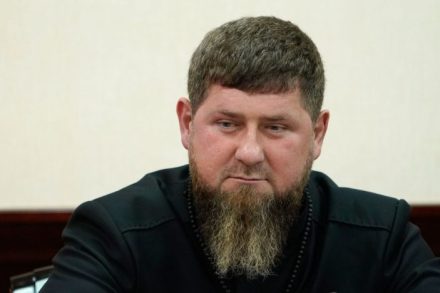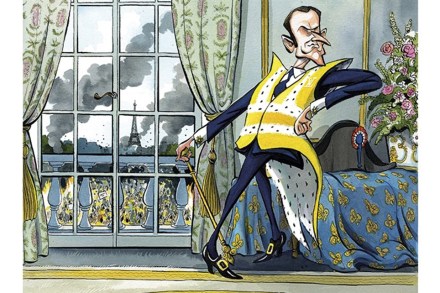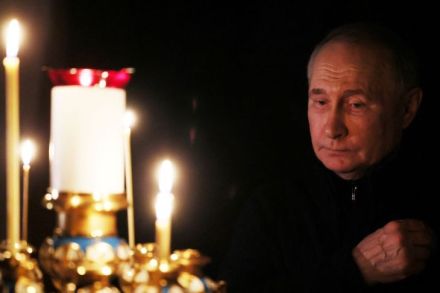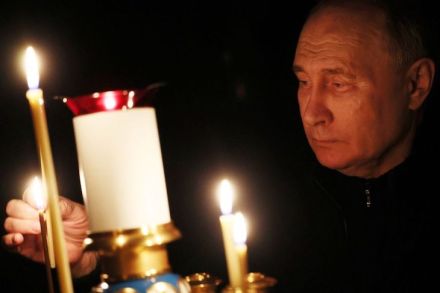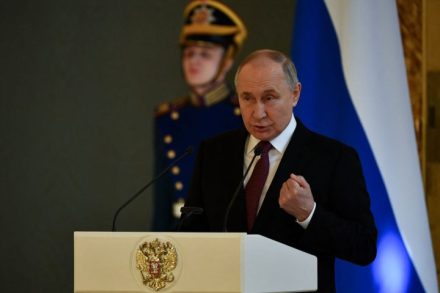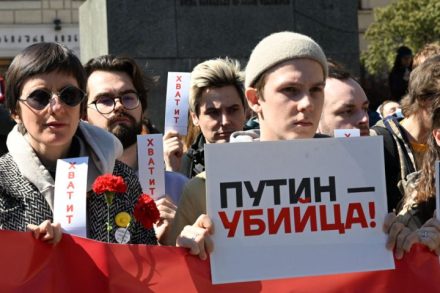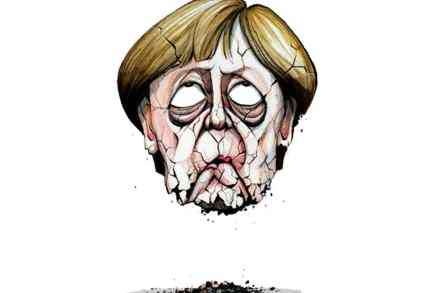What’s the truth about Ramzan Kadyrov’s ‘terminal illness’?
Is Ramzan Kadyrov dying? The independent Russian-language publication Novaya Gazeta recently published an investigation in which it claimed Kadyrov was terminally ill, suffering from pancreatic necrosis. Putin’s ally, it claimed, may not have long to live and it cited a long list of evidence to back up its claim. Throughout his rule, Kadyrov and his cronies have committed many crimes to shore up their power, and have enjoyed the Kremlin’s protection throughout. But even Putin’s patronage cannot protect Kadyrov from his own mortality. Kadyrov appears to be doing his best to ensure that his family is well placed after his death The Chechen ruler’s health, judging just from his appearance, is clearly failing. Recent videos published
